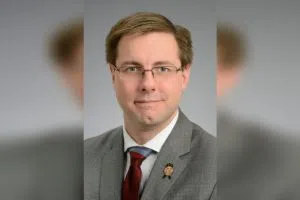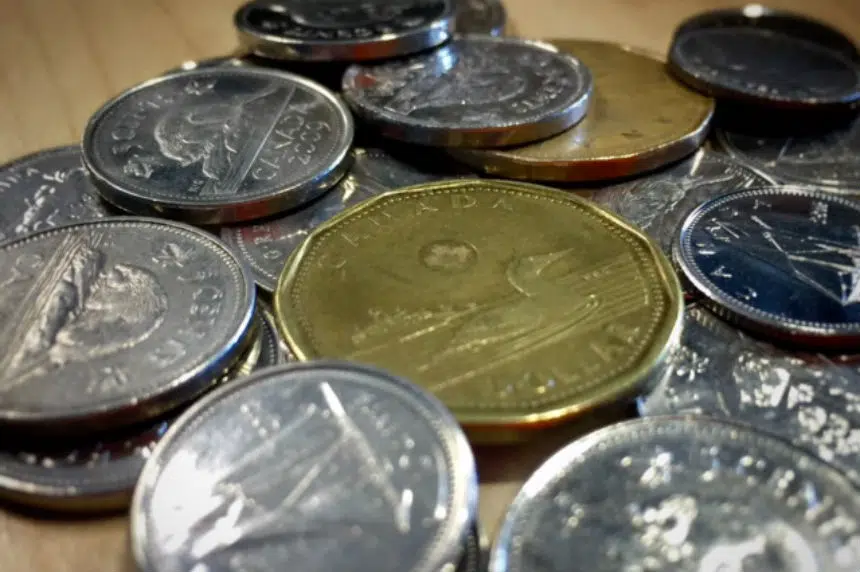Giving all adults a one-time payment of $500 isn’t hurting anything, according to economist Jason Childs, but he said he would have explored other options when it comes to spending the government’s surplus.
Premier Scott Moe announced the affordability measure Monday, saying high resource revenue had left the province with a surplus that should be shared in order to help alleviate the high cost of living. About 900,000 cheques will be sent out this fall, Moe said, in a move expected to cost about $450 million.
That decision will definitely benefit some, Childs said, while others won’t notice it as much.

Jason Childs is an associate professor of economics at the University of Regina. (University of Regina)
“It’s not going to cover anybody’s rent, really, or not very much of it,” said the associate professor of economics at the University of Regina. “It’s a couple weeks of groceries for a family, if even that.”
Childs said giving people money in the short term “seldom harms anybody,” but while the move isn’t likely to be life-changing for anyone, “to say it hasn’t helped is not quite accurate.”
There are other options the province could have explored, Childs noted, which might carry greater long-term benefits.
While the provincial government is using part of its surplus to pay down about $1 billion in operating debt, using the windfall to pay down even more of the provincial debt “would have paid dividends forever into the future,” Childs said, and would also free up more funding for future government programs.
Childs said he would have liked to see a sovereign wealth fund established, which could generate revenue for the province to tap into when needed.
“It’s sort of like a big savings account or RRSP for a political jurisdiction,” Childs explained.
He said Norway has generated significant wealth that way.
There were worse options for spending the money, as well. Childs said provincial programs may be struggling, but that doesn’t mean it’s a great place to put the extra resource revenues.
“I really do think it’s a bad idea to spend windfall revenue on programming,” he shared.
While advocates might argue that areas like health and education are in desperate need of a funding boost, Childs said spending windfall funds in those areas is “not good financial management.”
That’s because program spending is permanent and regular, while one-time windfall revenue is not. Putting that money into programming could leave the province facing another deficit in the future, Childs said.
While some in the province might not need the extra $500, Childs said giving equal payments to all adults was necessary. Should the money have been divvied up according to financial need, Childs said the government might have contradicted its own messaging.
The government has been telling residents that they are each effectively equal shareholders in the province’s resources, Childs noted, so unequal payments would be a contradiction.
“Politically that would be, I think, challenging,” he said.
Overall, Childs said he sees the decision to offer the payments as a “really interesting” political move.
“I think it’s sort of painted the NDP into an interesting corner. How do you attack this?” Childs asked. “How do you say this was a bad idea to give everybody a share of the resource that we’re supposed to own in common?
“I would have made a different choice, but I’m not premier for a reason,” he added.







